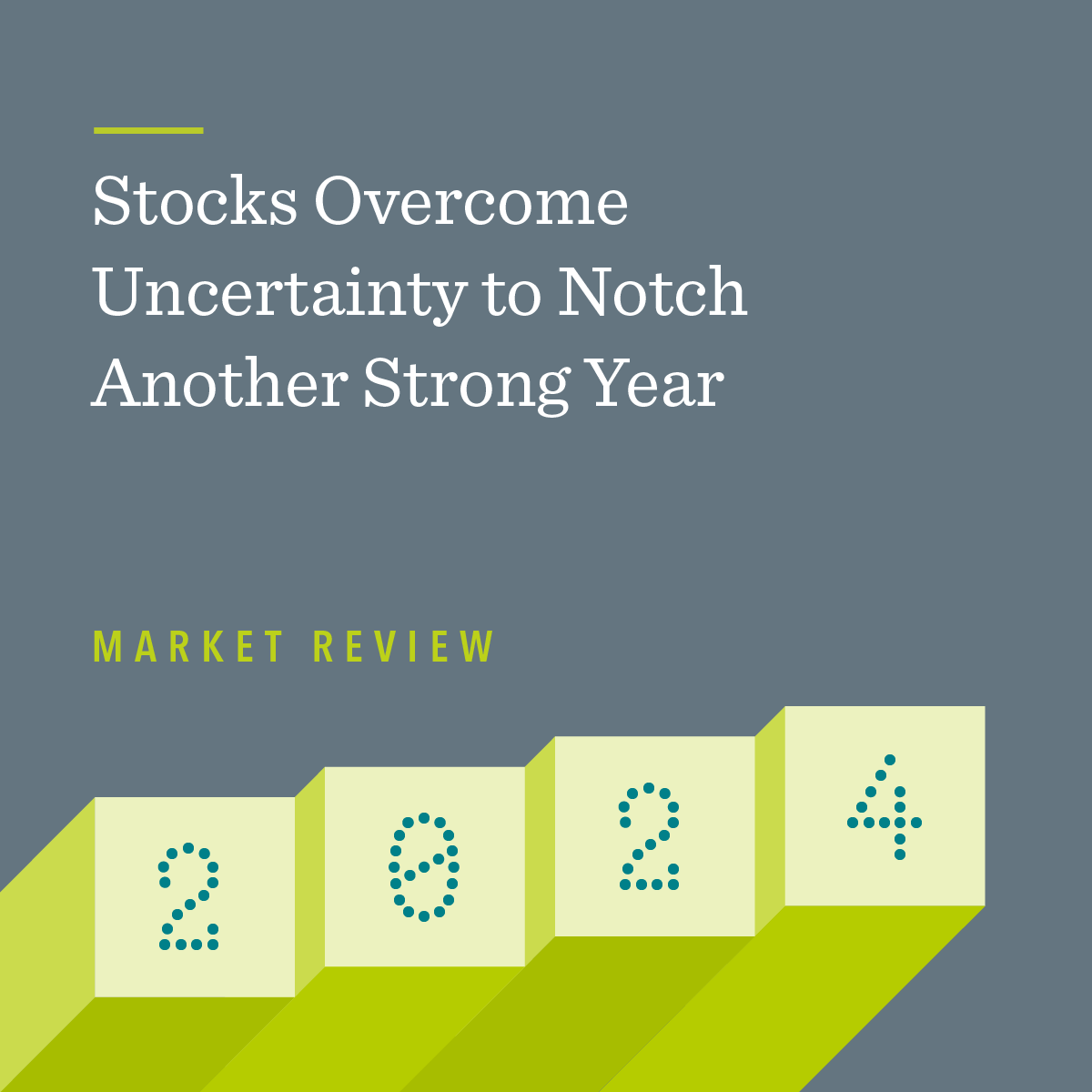Giving is a big buzzword in American culture these days, especially around the holidays. You want to be a person who gives to others, but you also want to be smart about your dollars. We get it. That’s why we’ve worked with others for years to help them give with confidence. Here’s all the information you need to know.
Giving to Others Makes You Healthier
Giving to others makes you feel good, right? That’s because when you give to others, you also receive. Evidence from the University of California at Berkeley shows that showing gratitude as a lifestyle may contribute to enhanced physical and emotional well-being. And in his TED talk, “How to Buy Happiness,” Harvard Business School Professor Michael Norton suggests that money can, after all, buy you happiness—by spending it on others.
But why? Why does giving make you happy? It’s all in your head—literally. The National Institutes of Health has found that giving to others activates the part of the brain associated with pleasure, social connection, and trust. It also releases endorphins, the same chemical that gives runners the “high” they feel. [PG3] When you give to others, you’re releasing natural chemicals to make you feel good!
Giving to Others Can Be Simple
It’s easy to assume you need to spend a lot of money in order to feel good about giving to others. After all, that’s what all the ads show us. But commercials don’t tell the whole story. Dr. Norton’s studies looked at giving around the world, from Canadian college students to Belgium business professionals to Ugandan villagers. Among the conclusions was this: Different cultures and communities may spend money on one another in different ways, how much you spend isn’t as important as spending it in meaningful way. He emphasized that outrageous spending doesn’t necessarily lead to happiness. He said, “You can do small, trivial things and yet still get these benefits.”
The question you need to ask yourself may not be, “How much can I spend?” Perhaps the question is, “To whom would I like to show gratitude?” Or “How do I want to show gratitude?” Once you have the answer to these questions, you will be able to give to the person in a way that is meaningful to them, which will boost your own happiness.
You Can Be Strategic in Giving to Others
Academic studies have also helped us understand how to make the most of our gratitude and giving. As with investing, the academic evidence reveals that some strategies are more effective than others, but often in unexpected ways.
In another blog post, we referred to a book by William MacAskill’s, “Doing Good Better.” In it, MacAskill’s offers an objective framework for maximizing charitable giving. He wrote, “I believe that by combining the heart and the head – by applying data and reason to altruistic acts – we can turn our good intentions into astonishingly good outcomes.” MacAskill highlighted five questions to evaluate giving in order to do the most with the dollars given.
We reference this book for one larger, overarching idea: giving to others can be strategic, especially when you give larger amounts, such as giving to donor advised funds. If you are inclined to give to charity on a regular basis, having a plan in place is important.
Giving Leads to More Giving
Wharton Professor Adam Grant is yet another researcher focusing on giving and gratitude. In this fascinating post from Thanksgiving 2015, Dr. Grant shared some surprising relationships between the two.
If you went by gut feeling alone, you might assume that gratitude inspires giving. And, to a degree, that seems true. But is gratitude the most direct path to charitable intent? Dr. Grant suggests a different factor that may be even stronger: The more you give, the more you want to give even more.
He wrote, “[Those] who reflected on giving increased their total effort by 25% – and put in 13% more hourly effort than their colleagues who wrote about receiving.” He pointed out that by “having reminded themselves that they were the kinds of people who cared about others, they became invested in giving more.”
If you want to develop a lifestyle of giving, then start giving. As you give to others, you’re reinforcing that attitude and discipline of charity. And the more you do that—and the more you think about it—you are more likely to give in the future.
We Want to Help You Give to Others
Whether you give a little or give a lot, we want to optimize your charity dollars. We’ve worked with clients just like you who wanted to do more with their hard-earned money. We are well versed in making charitable giving meaningful and impactful for high-achieving professionals like you. We’d love to be a part of your charitable giving plan, so give us a call today.


